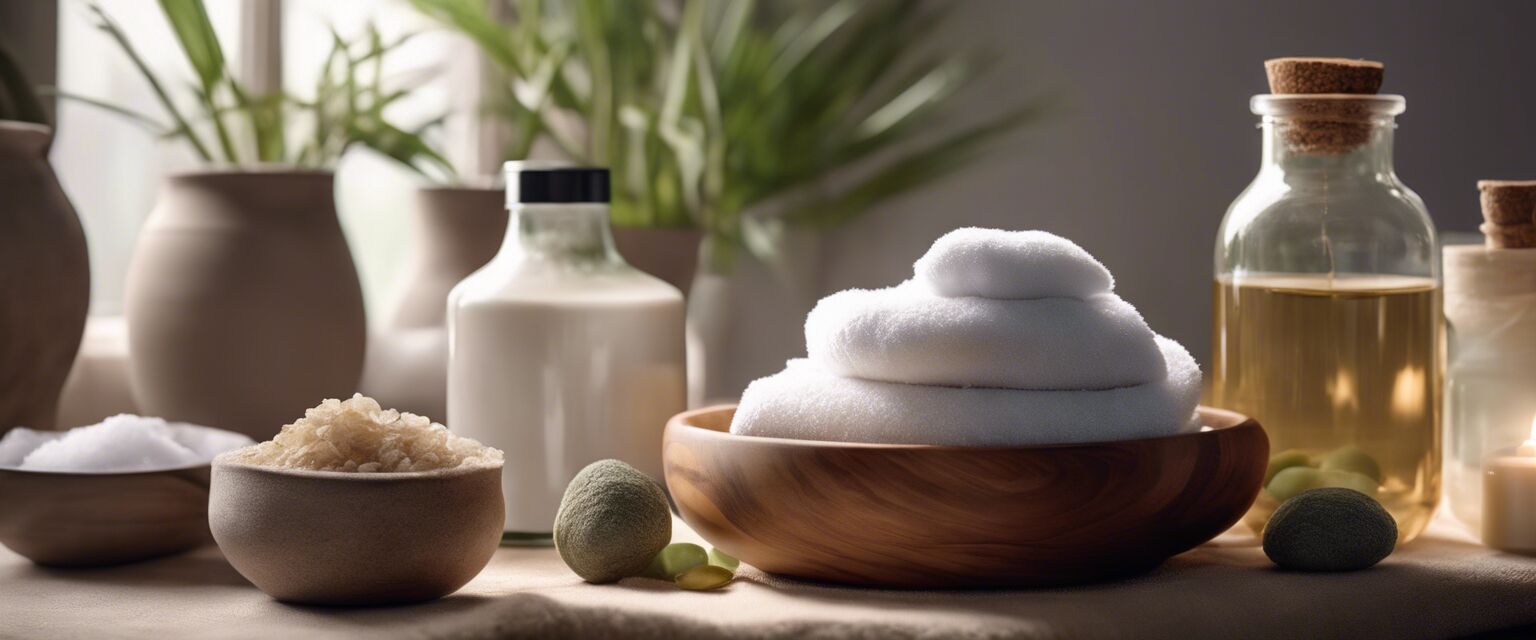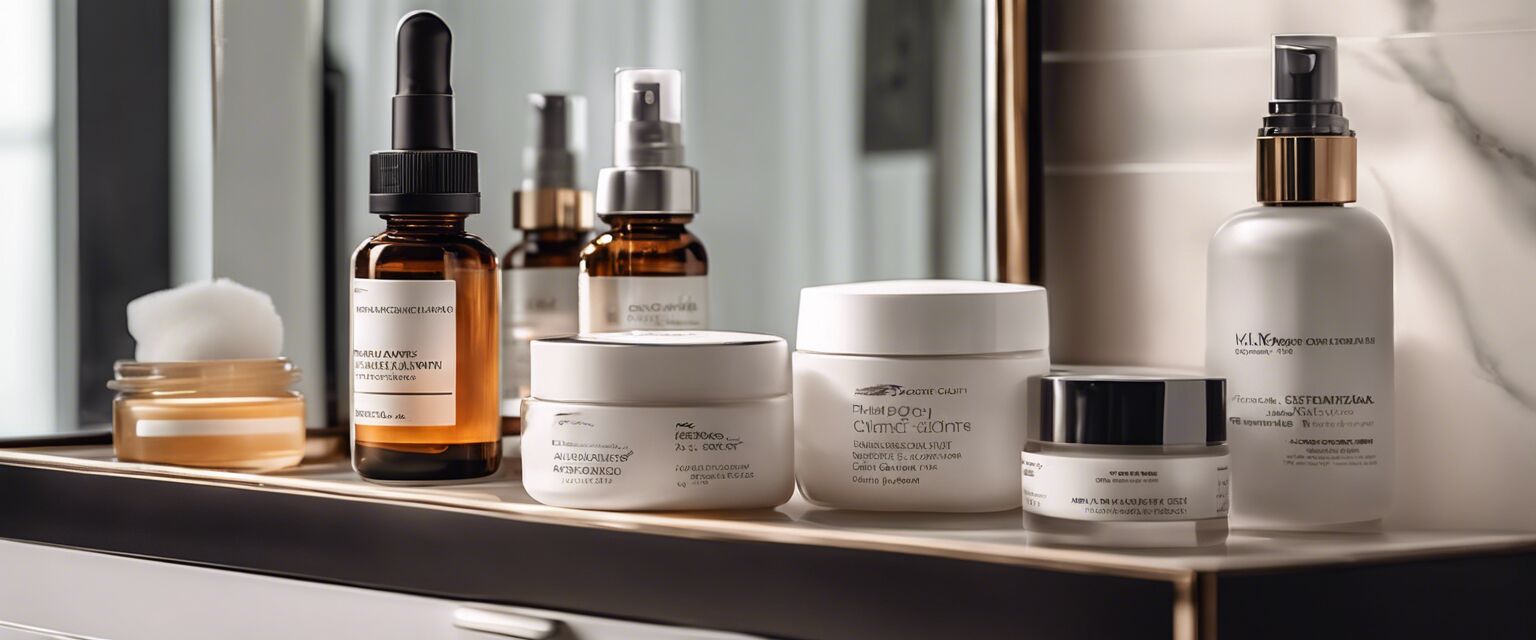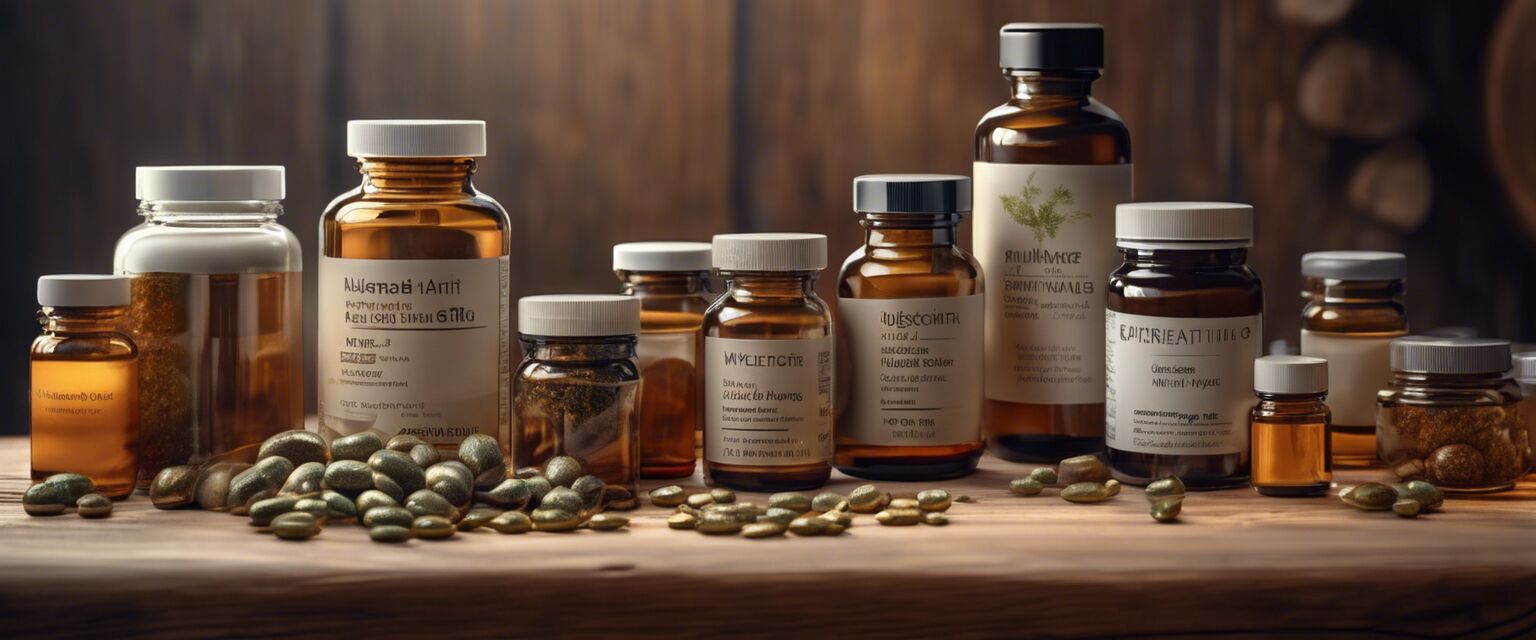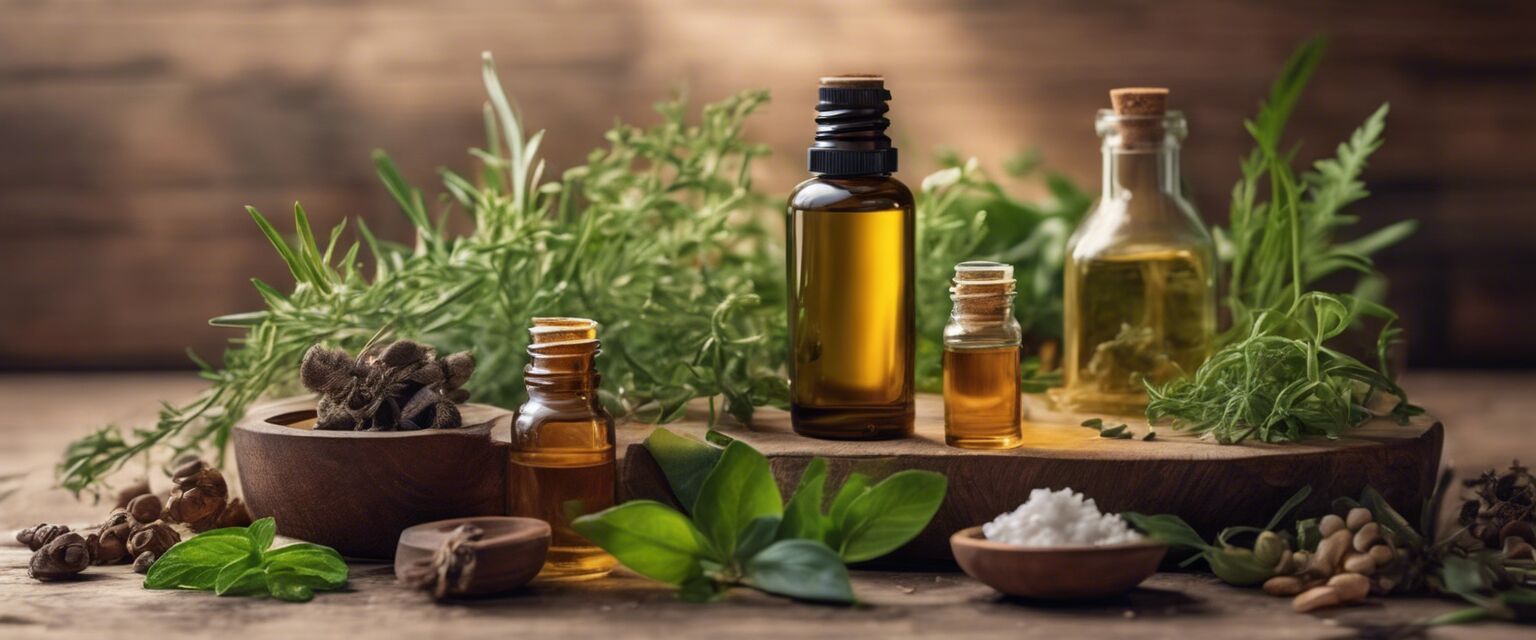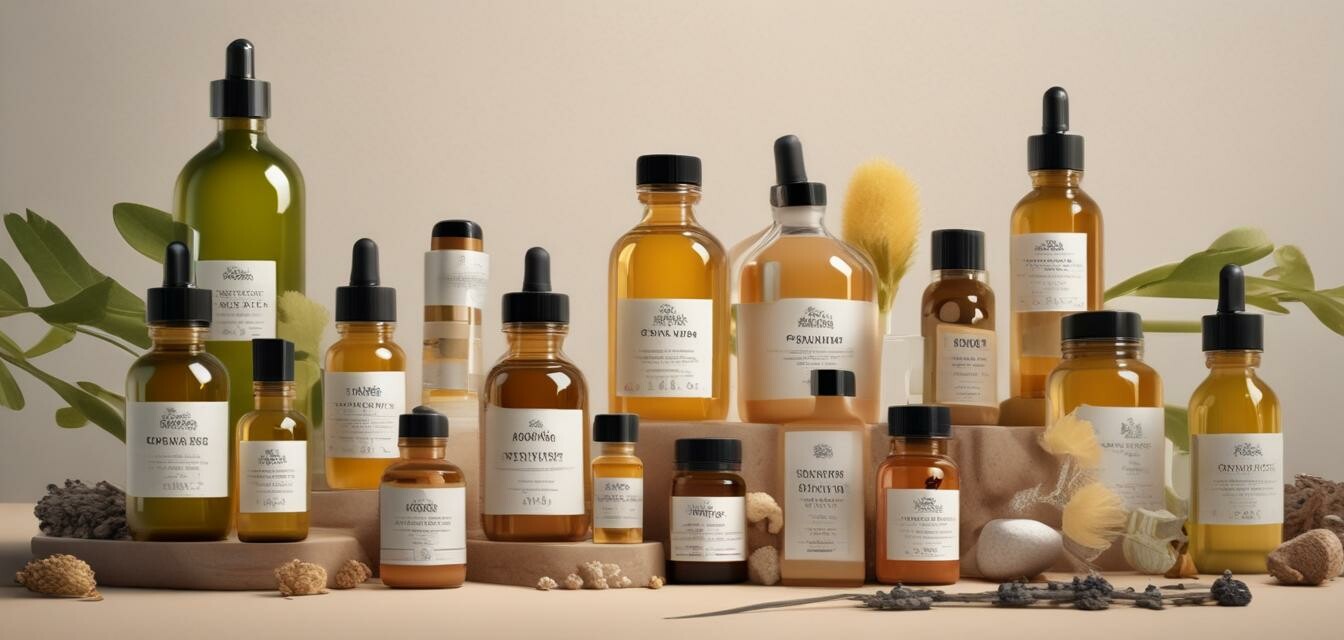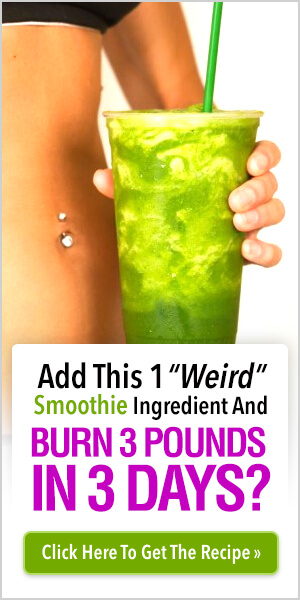
Anti-Aging Dietary Tips
Key Takeaways
- Incorporate antioxidant-rich foods for healthier skin.
- Stay hydrated to maintain skin elasticity.
- Consume healthy fats to support cell structure.
- Limit processed sugars to reduce skin aging.
- Include vitamins and minerals for overall health.
As we age, our bodies undergo numerous changes, and nutrition plays a significant role in how we age. A well-balanced diet filled with the right nutrients can help slow down the aging process, promote healthy skin, and enhance overall well-being. This article explores dietary tips and foods that can aid in achieving these goals.
Understanding the Role of Nutrition in Aging
Nutrition is vital in maintaining health and vitality as we age. The right foods can provide essential nutrients that support cellular function, skin health, and overall well-being.
What to Include in Your Diet
Here are some key food categories that can contribute to a healthier aging process:
| Food Group | Benefits |
|---|---|
| Fruits and Vegetables | Rich in antioxidants, vitamins, and minerals. |
| Whole Grains | Provide fiber and essential nutrients. |
| Healthy Fats | Support cell structure and reduce inflammation. |
| Lean Proteins | Essential for muscle maintenance and repair. |
| Dairy or Dairy Alternatives | Source of calcium and vitamin D for bone health. |
Top Anti-Aging Foods
Incorporating specific foods into your diet can help promote a youthful appearance and overall health. Here are some of the top anti-aging foods:
- Berries: Packed with antioxidants that combat free radicals.
- Leafy Greens: Rich in vitamins and minerals essential for skin health.
- Fatty Fish: A good source of omega-3 fatty acids that support skin hydration.
- Nuts: Provide healthy fats and protein, which are important for skin elasticity.
- Avocado: Contains healthy fats that nourish the skin.

Hydration: The Key to Youthful Skin
Staying hydrated is crucial for maintaining skin elasticity and preventing dryness. Here are some hydration tips:
- Drink at least 8 glasses of water daily.
- Incorporate water-rich foods like cucumbers and watermelon into your diet.
- Limit caffeine and alcohol, which can dehydrate the skin.
Herbal Teas and Infusions
Herbal teas can also be a great way to boost hydration. Some beneficial options include:
- Green tea: Contains antioxidants that are beneficial for skin health.
- Chamomile tea: Known for its calming properties and potential skin benefits.
- Rooibos tea: Rich in antioxidants and minerals beneficial for skin aging.
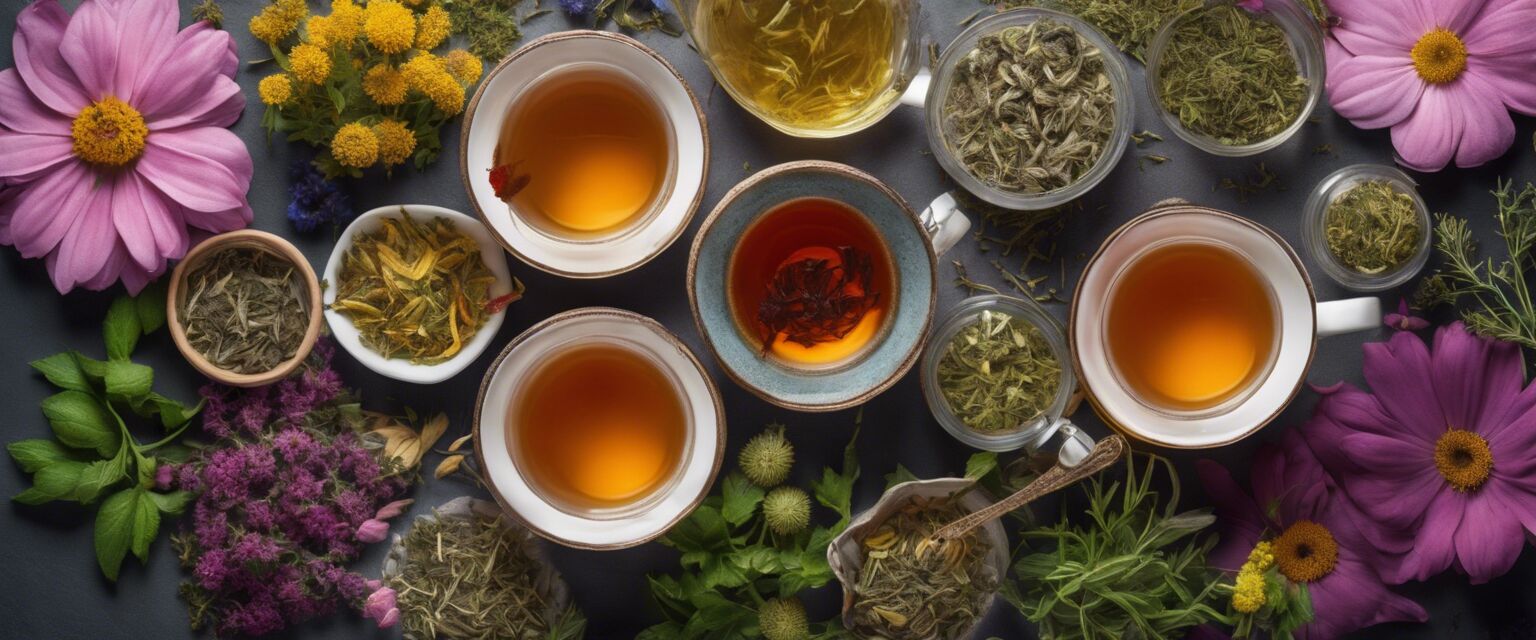
Foods to Limit for Healthy Aging
While some foods promote healthy aging, others can accelerate the aging process. It's important to limit the following:
- Processed sugars: Can lead to glycation, which damages collagen and elastin.
- Trans fats: Found in many processed foods, can increase inflammation.
- High-sodium foods: Can lead to fluid retention and puffiness in the skin.
Maintaining a Balanced Diet
Focus on a balanced diet that includes a variety of foods from each food group. This diversity ensures that you receive a broad spectrum of nutrients necessary for optimal health. Consider consulting a nutritionist for personalized dietary advice.
Sample Anti-Aging Meal Plan
Here's a simple meal plan to get you started on your anti-aging dietary journey:
| Meal | Options |
|---|---|
| Breakfast | Oatmeal topped with berries and a sprinkle of nuts |
| Lunch | Quinoa salad with leafy greens, avocado, and grilled chicken |
| Dinner | Grilled salmon with steamed broccoli and sweet potato |
| Snacks | Cucumber slices with hummus or a handful of almonds |
Tips for Success
- Plan your meals ahead of time to ensure you stay on track.
- Keep healthy snacks on hand to avoid unhealthy choices.
- Stay informed about nutritional values and benefits of foods.
Conclusion
Adopting an anti-aging diet can significantly impact your health and appearance as you age. By including a variety of nutrient-rich foods, staying hydrated, and limiting harmful substances, you can promote a healthier and more youthful life. Explore our other articles on herbal moisturizers and exfoliating scrubs for additional tips on skincare.
Pros
- Promotes overall health and well-being.
- Supports skin health and appearance.
- Provides essential nutrients for the body.
Cons
- Requires commitment and planning.
- May require lifestyle changes.

